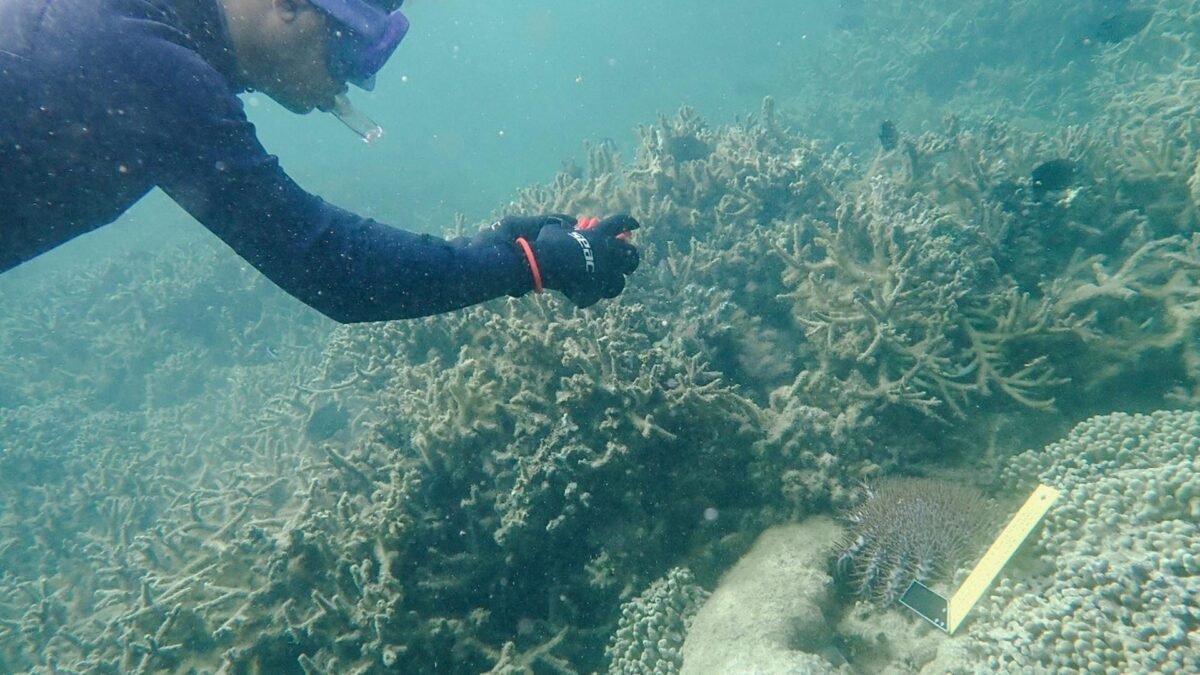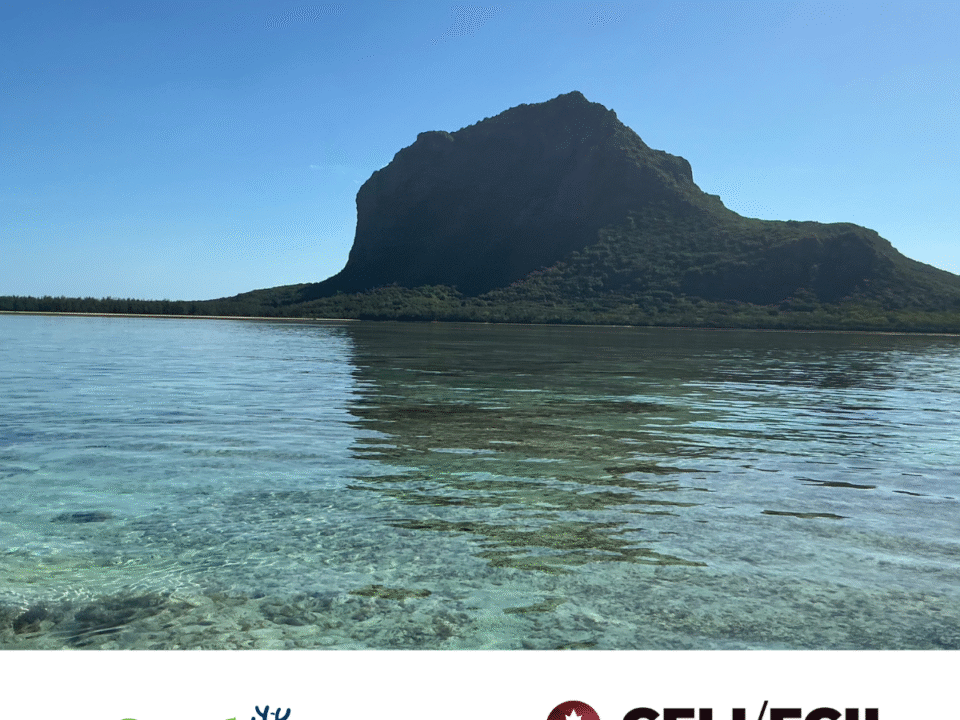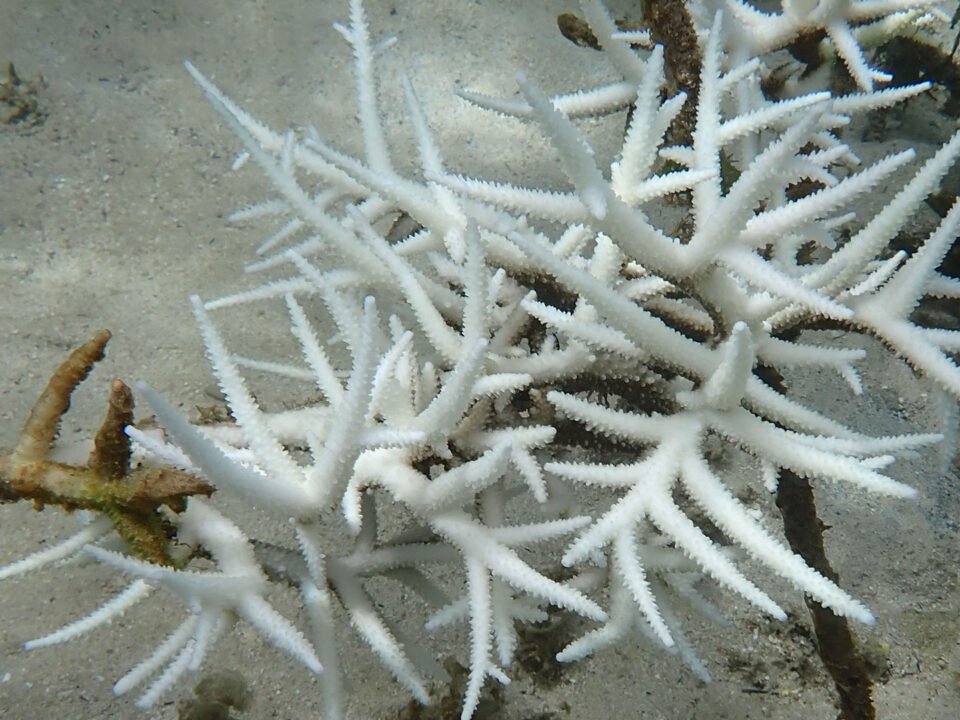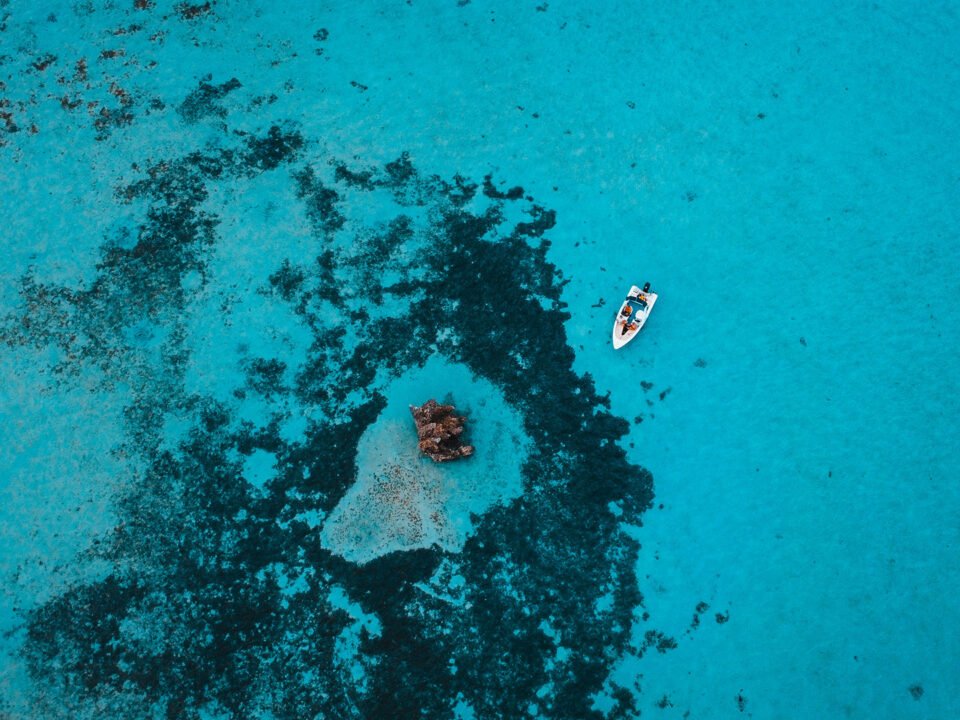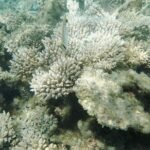
Voluntary Marine Conservation Area (VMCA) at St Felix
July 11, 2025Article Title
November 14, 2025Coral reefs are among the most biodiverse and valuable ecosystems in the world, yet they are increasingly threatened by climate change, pollution, and destructive human activities. In response to this crisis, CGC launched the CoralCommUNITY Project, a community-driven initiative to restore degraded reefs through the collection and transplantation of “Corals of Opportunity” (COPs). Funded by the MOL Charitable Trust, this project focused on reviving coral populations at St. Felix by directly involving local communities in reef restoration efforts.
The project centred on innovative coral restoration techniques to maximise success rates while fostering community engagement. CGC established two operational coral farms, where COPs—coral fragments broken off due to human activity or natural disturbances—were collected, fragmented, and prepared for transplantation. These corals were acclimatised in nurseries before being transplanted onto degraded reef sites using various techniques, including attachment with epoxy, plastic nails, and spider-frame structures. Additionally, the project incorporated community involvement, training five local fishers in coral restoration techniques. Beyond direct participants, over 50 community members from St. Felix and Rivieres de Galets were sensitised on coral reef conservation through awareness programs. To ensure long-term impact, CGC has set up two dedicated monitoring stations to track coral growth, survival rates, and fish biodiversity improvements in restored areas.
CGC’s Coral Nurseries and Restoration Sites
The project achieved significant milestones in reef restoration and community empowerment. Over 800 coral fragments were successfully propagated and transplanted onto degraded reef sites. This included 10 spider-frame coral gardens, each populated with 30 coral fragments, as well as two fully operational coral nurseries housing over 400 coral fragments. Additionally, 100 nursery-grown coral fragments were transplanted directly onto reef sites using underwater drilling and epoxy cement techniques. The survival rates of transplanted corals exceeded 75%, demonstrating the effectiveness of the restoration methods. Beyond coral revival, the project had a direct impact on marine biodiversity. Fish species richness at degraded sites increased from just six species to 22 species following restoration efforts. Monitoring data also showed the return of key fish species such as Epinephelus and Lethrinus, indicating that the restored coral structures were providing essential habitats for marine life.
The CoralCommUNITY Project has showcased the potential of community-led reef restoration efforts to rehabilitate degraded marine ecosystems. By combining scientific restoration techniques with active community participation, CGC has successfully developed a scalable model for coral conservation. Despite challenges such as adverse weather and delays in permit approvals, the project has demonstrated resilience and adaptability, achieving all its key performance indicators. To build on this success, CGC intends to scale up reef restoration efforts by expanding coral nurseries and establishing more monitoring stations within its VMCA site of St Felix and at other sites around Mauritius. Future initiatives would incorporate seasonal planning to minimise the impact of unfavourable weather conditions and early engagement with regulatory bodies to ensure smoother project implementation. Strengthening public-private partnerships, particularly with corporate sponsors and tourism operators, will be essential for sustaining and expanding these conservation efforts. Looking ahead, CGC aims to replicate this model in other reef systems across Mauritius and beyond. Such is the case where CGC has now secured funding to implement coral restoration activities in Le Morne in 2025.

